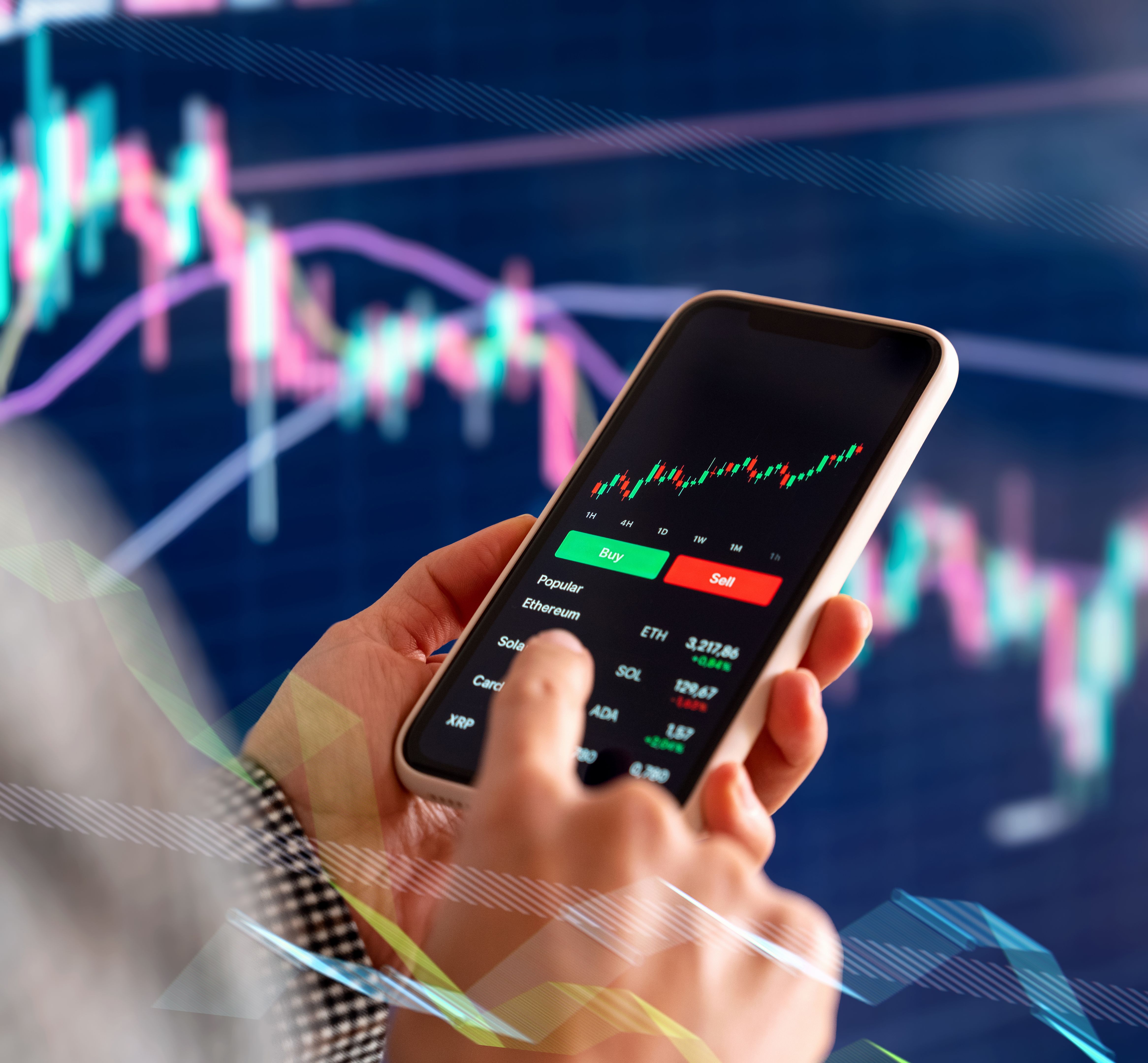Crypto Trading FAQ: Essential Tips and Information
DM
Understanding the Basics of Crypto Trading
Cryptocurrency trading has become increasingly popular, drawing in both seasoned investors and newcomers alike. It involves buying and selling digital currencies with the aim of making a profit. However, before diving in, it's crucial to understand the underlying principles that govern the crypto market.

At its core, crypto trading is similar to stock trading, but with some notable differences. Cryptocurrencies are traded on various exchanges, which can be accessed online. Traders need to create an account on these platforms to start buying and selling their preferred digital assets.
What Are the Different Types of Crypto Trading?
Crypto trading can be categorized into several types, each with its own strategies and time frames. The most common types include:
- Day Trading: This involves buying and selling within a single day to capitalize on short-term price movements.
- Swing Trading: Traders hold positions for several days or weeks to benefit from expected price swings.
- Scalping: A fast-paced strategy where traders profit from small price changes throughout the day.

Choosing the Right Exchange
Selecting the right crypto exchange is a crucial step for any trader. It's important to consider factors such as security, user interface, fees, and available trading pairs. Popular exchanges like Binance, Coinbase, and Kraken offer a wide range of features and robust security measures.
Before committing to an exchange, ensure it supports your chosen cryptocurrencies and provides a secure environment for transactions. Reading reviews and user feedback can also offer insights into the reliability and performance of different platforms.
Managing Risk in Crypto Trading
Crypto markets are known for their volatility, which can lead to significant gains but also considerable losses. Effective risk management is essential to protect your investments. Here are a few tips:
- Diversify: Don't put all your funds into one cryptocurrency. Spreading your investment across different assets can reduce risk.
- Set Stop-Loss Orders: These orders automatically sell your assets when they reach a certain price, limiting potential losses.
- Stay Informed: Keep up with market news and trends to make informed trading decisions.

The Role of Technical Analysis
Technical analysis is a popular method used by traders to predict future price movements based on historical data. It involves analyzing charts and patterns to identify potential entry and exit points. Common tools include moving averages, RSI (Relative Strength Index), and MACD (Moving Average Convergence Divergence).
While technical analysis can provide valuable insights, it's important to remember that it is not foolproof. Combining it with fundamental analysis and staying updated on news can improve your trading strategy.
Staying Safe in the Crypto World
The digital nature of cryptocurrencies means that they are susceptible to hacking and fraud. To safeguard your assets, consider using hardware wallets for long-term storage and enabling two-factor authentication on your accounts.
Being vigilant about phishing scams and only using reputable exchanges can further enhance your security. Always double-check URLs and avoid sharing sensitive information online.

Cryptocurrency trading offers exciting opportunities but requires careful planning and a thorough understanding of the market. By following these essential tips and staying informed, you can navigate the crypto trading landscape with confidence.
